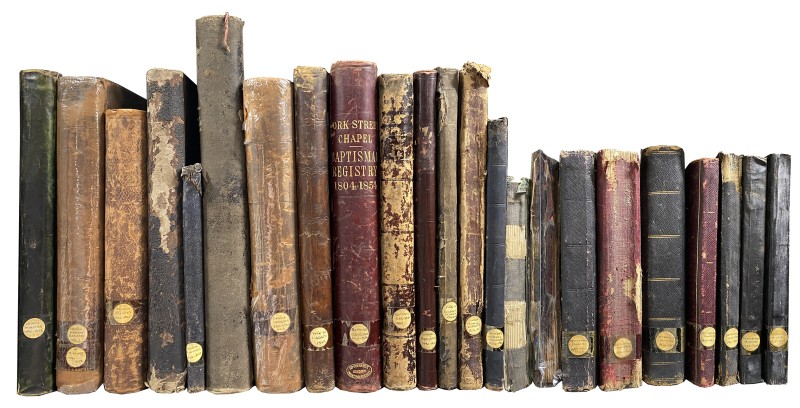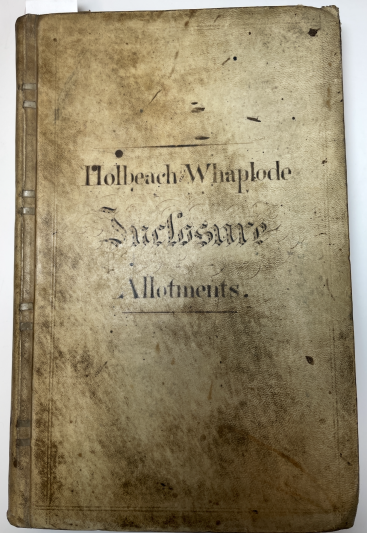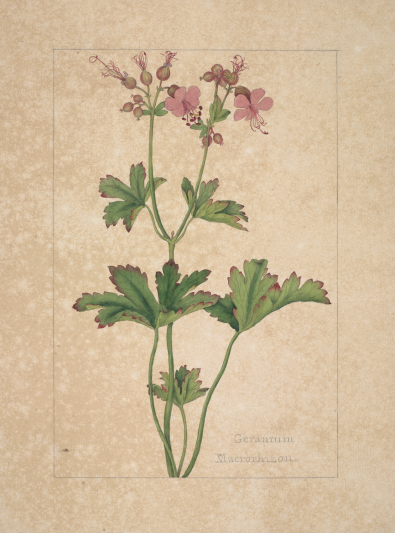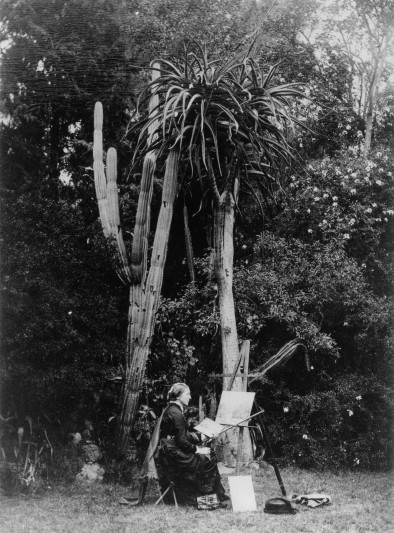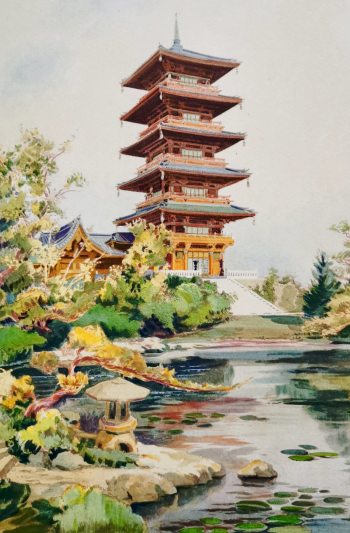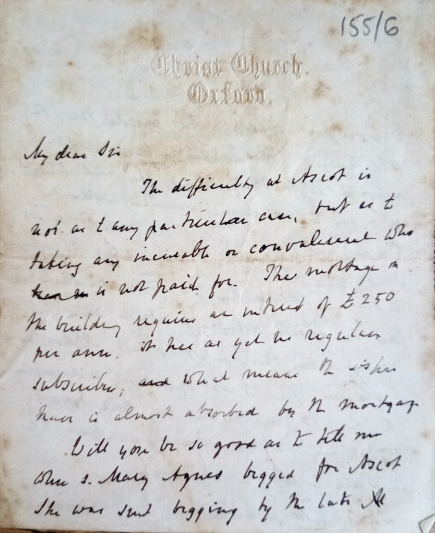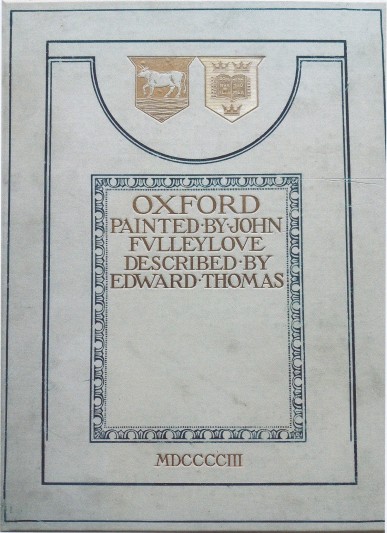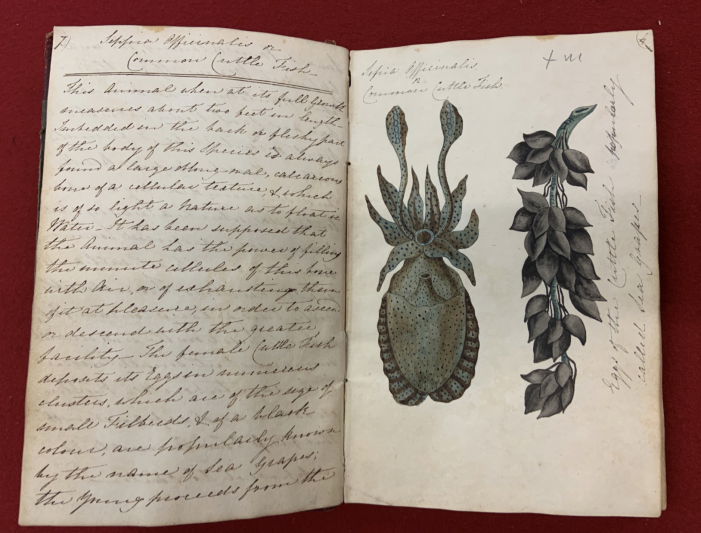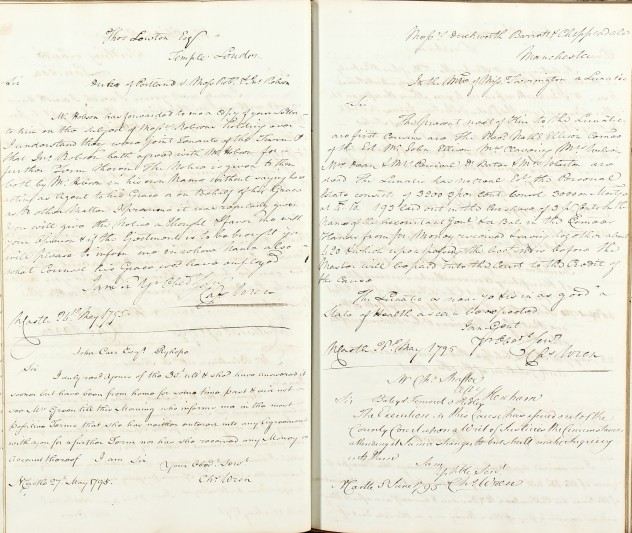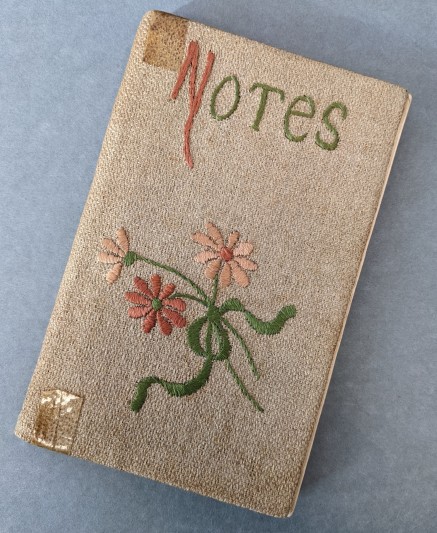The records of York Street Chapel and the Robert Browning Settlement, a religious and later charitable institution that was based in Walworth, South London for nearly 200 years. The chapel, founded in 1790, was home as a congregational church to many including, famously, the poet Robert Browning and his family. The records purchased include deeds relating to its founding, minutes (1790-1927), lists of its members (1790-1977), Sunday school (1840-1969), burials (1781-1837) and baptisms (1804-1997), including the baptism in 1812 of Robert Browning. Following the chapel’s reinvention as a mission, the new Robert Browning Settlement was launched in 1894, led by F. Herbert Stead. The Settlement developed a programme of outreach and support for the local community in Walworth.
Search FNL grants since 1931
Sir Joseph Banks, 1st Baronet, GCB, PRS was an English naturalist, botanist, and patron of the natural sciences. He accompanied Captain James Cook on his first voyage of discovery around the world, he also visited Newfoundland, Iceland, and Holland. He was responsible for the establishment of Kew Gardens and the development of its early collections. The Whaplode and Surfleet Allotment books are a valuable addition to our knowledge of Sir Joseph Banks’s land holdings in the South of Lincolnshire.
A group of watercolours from the collection of the English botanist, William Curtis (1746-1799). Thirteen were bought with a full grant from FNL, 13 having previously been bought at the Catherine Southon Auctioneers’ auction. The provenance of the illustrations made possible by the FNL’s grant, can be traced back to Curtis’s own collection, which makes them an unusual and exciting acquisition. Containing material attributed to Sydenham Edwards and other, currently unidentified, artists, they are very much in the stylistic paradigm adopted by The Magazine.
[Catalogue for an] Exhibition of 500 Oil Sketches of India and the Archipelago. Painted on the Spot.
As the catalogue puts it, the exhibition featured ‘500 Oil Sketches of India and the Archipelago, painted on the spot by Marianne North’. The sense that these pictures were painted ‘on the spot’, their freshness and immediacy, was seen as their greatest strength. The Pall Mall Gazette review of the exhibition, lukewarm in its assessment of their artistic merit, still found that her paintings depicted ‘more vividly than any such collection yet exhibited all that a traveller can see’ of India, Singapore, Sri Lanka, Borneo, and Java.
Jonathan Ridsdale, Acquisitions Librarian, writes: This large folio contains 40 heliogravures, including 10 enhanced with watercolour, and 20 pages of specific information on the building projects; it is copy number six of only 110 produced.
Pusey House Library and Archive is an independent institution founded in 1884 to keep alive the theological legacy of the Anglo-Catholic figurehead Dr Edward Bouverie-Pusey (1800-1882). These six letters – not are they fairly lengthy, and they demonstrate Pusey’s thoughts on a range of moral and economic matters.
Edward Thomas was a literary critic, writer and, ultimately, poet who was killed in the First World War at the beginning, literally, of the Battle of Arras on Easter Monday, 9 April, 1917. Amongst his most well-known books are The Icknield Way (1913) and In Pursuit of Spring (1914), and his poetry includes the often-requested Adlestrop (1915) and As the team’s head-brass (1916). Thomas was also a lover of nature and inspired by many of those writing about (and living in) the country in the late nineteenth and early twentieth centuries – including W H Davies, W H Hudson and Richard Jefferies – about whom Thomas’s biography is one of the best.
With over 1,000 items, the archive includes letters, notebooks, family papers and artworks relating to geologist and theologian William Buckland. A hugely influential figure in academia, politics, science and religion, Buckland was successively Reader in Mineralogy and Geology at Oxford University, Canon of Christ Church, Oxford and Dean of Westminster. He was the first to name and describe a fossil dinosaur (Megalosaurus) and his research into an ancient hyaena den laid the foundations of the science we would now call palaeoecology. He was also a notable convert to glacial theory, and showed how glaciation rather than a global flood shaped the British landscape.
Dickson, Archer & Thorp were important Northumberland solicitors. The practice was established in 1817 and continued until 2005. At this point there existed an unbroken series of business records and clients’ papers dating back to the date of establishment and including records of the predecessor practices, making the collection a unique resource. We are unaware of the mass survival of records of another extant solicitor’s collection that charts the history of a 200-year old practice from establishment to closure; the wide client base of the practice – from probate cases of families of relatively modest means to dealing with the business of many county families and the Duke of Northumberland and the involvement of practice partners in the governance of the county and more locally in the governance of Alnwick.
David Lloyd George is one of Wales’ greatest politicians. He narrowly won the Caernarvon Boroughs by-election in 1890 and held the seat, although sometimes narrowly, until his death in 1945. In 1908 when he was appointed as Chancellor of the Exchequer. In his 1909 budget, known as ‘The People’s Budget’, he brought in a range of new taxes and tax increases to support social programmes but the measures were defeated in the House of Lords. Following an election in January 1910, which had been called over the budget question, the Liberals returned to power with Lloyd George continuing as Chancellor and the measures were passed. However, the threat of the Lords to veto similar provisions remained which led to another General Election in December 1910 and ultimately to the Parliament Act 1911, which restricted the power of the Lords to stop Government business. It was during this election campaign that Lloyd George made notes in pencil in this small notebook with a beautifully embroidered cover.
